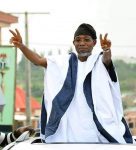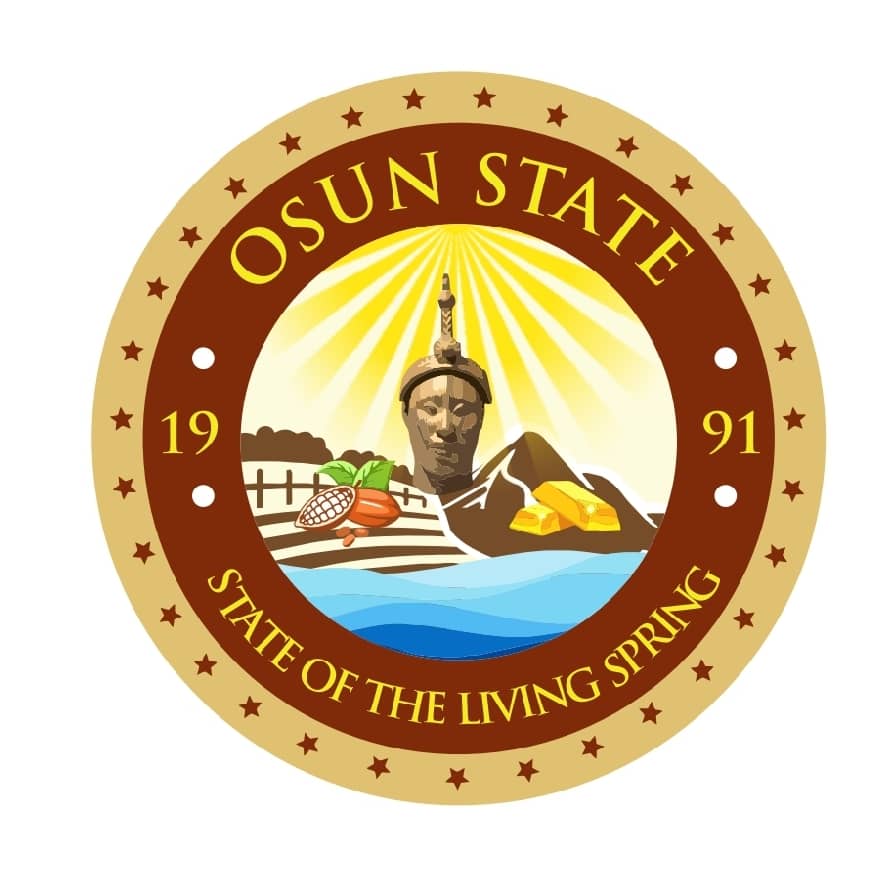BY ADEMOLA YAYA
THE fundamental problem confronting humanity all over the world is the refusal of the ruling elite of different countries to be committed to abridging the ever expanding gulf between the very few rich and the overwhelming number of poor people. Being rich here means availability of every necessary material thing one needs in life while being poor means lack of it.
Before going further, perhaps it is important to state what every human being needs on a regular basis, first and foremost. Every person on this planet Earth needs food and water, clothing and shelter, freedom and security. Once these necessities of life are guaranteed, all other needs could follow. While economically productive countries have taken some measures to address the growing inequality but have not been able actualize it, it is a hell in unproductive or underdeveloped societies. In Nigeria, for instance, about 1% wealthiest of its 200 million population control 80% of household net wealth with middle class withering away rapidly. According to National Bureau of Statistics (NBC) 2020 reports, 40% of Nigerians – 80 million – live below poverty line. Meanwhile, the best resource any country could be blessed with is human being.
However, for that resource to be productive for the growth and development of such a society, it must be resourceful via quality education and skill acquisition in all areas of life. It is quality of workforce that makes fundamental difference between developed and underdeveloped countries. Japan, for instance, is predominantly mountainous and prone to earthquakes. As a matter of fact, about three-fourth of its land is mountain. This distinctive geology makes farming difficult as only 49,000 square kilometers (19,000 sq mi) of its 377,973.89 square kilometers (145,752.16 sq mi) territory is available for intensive cultivation. Hence, agriculture contributes only 1% to Japan GDP but it is one of the largest and most developed economies in the world. As at 2020, Japan is the world second largest developed economy and a member of both G7 and G20. G7 is an informal grouping of seven of the world advanced economies – Canada, France, Germany, Italy, United Kingdom, United States, European Union and Japan. Ditto for G20. It has high standard of living with highest life expectancy. Meanwhile, it has no major natural resources like oil and gas, gold and copper, coal and iron; it depends on imported raw materials and energy to run its economy. It is instructive to note that it is the largest importer of liquefied natural gas and coal and the second largest importer of oil in the world. Japan is able to attain this feat not by prayers or magic but by real investment on its 125.88 million population who are well educated and skillful in all areas of life. This unique country has demonstrated that being blessed with natural endowments is one thing, having capacity to translate them into growth and development for better life for the people is another.
Apart from the fact that Nigeria is massively blessed with innumerable natural resources like oil and gas, coal and gold, etc, it is blessed with sizable population of over 200 million people. Again, it is blessed with clement weather as rain falls at its own time just as we have regular sunrise and sunset. Natural disasters like volcano, hurricane, earthquakes, etc are alien to us. Instead of these advantages translating to development and better life, they have become burden and brought mystery to majority while very infinitesimal proportion of the people live in abundance. To get it right and eliminate poverty in the midst of stupendous human and natural resources, governments at all levels must be committed first to free but qualitative public education at the primary and secondary schools level and affordable tertiary education for all irrespective of background, status and religion. It must build and heavily invest on skill acquisition colleges for the people. The so-called empowerment programmes being done by politicians to bring people out of poverty is a subterfuge; they are designed to give token to the people but eventually rip them off by making huge money from them and pretend to love the people to continually obtain their mandates for election or re-election. The ruling elite only pay lip-service to education. They have refused to fund public education but send their children abroad for qualitative education. With exceptions of people like Ogbeni Rauf Aregbesola when he held sway as a governor, most state governors in the past and now play politics with adequate funding of public education. The environments with which students are taught are not conducive for learning; the laboratories are eyesore; quality and adequate teachers are grossly lacking. Our schools are more of certification than education. As long as this trend continues, more Nigerians will continue to wallow in extreme poverty which will lead to frustration and then crimes in higher proportion. That explains geometric growth in the number of ritual killings, cyber crimes, armed robbery and other social vices cases on a daily basis as the frustrated see them as shortcut to success. Banditry, kidnapping and terrorism in North East Nigeria, especially, are not accidental; they are products of abandonment of children of the people tagged Almajiris who were out of schools and made to fend for themselves. Abandoned and out of school children of those days have become grownups with no education and skill but they must live and access necessities of life. Where would they get it? Of course, in various crimes and social vices. The irresponsibility of these northern elite has become stubborn problems to everybody as nowhere is safe any long including military formations.
Although there are other programmes and policies that could reduce the poverty and the wide gap between the rich and the poor such as progressive tax, raising the income of the poorest workers, social security net, housing assistance, tax credits amongst others but the surest of all is huge investment in public education. Qualitative Public Education for all, irrespective of status or background, is the surest way to empower people, reduce poverty and narrow the gap between the rich and the poor.











